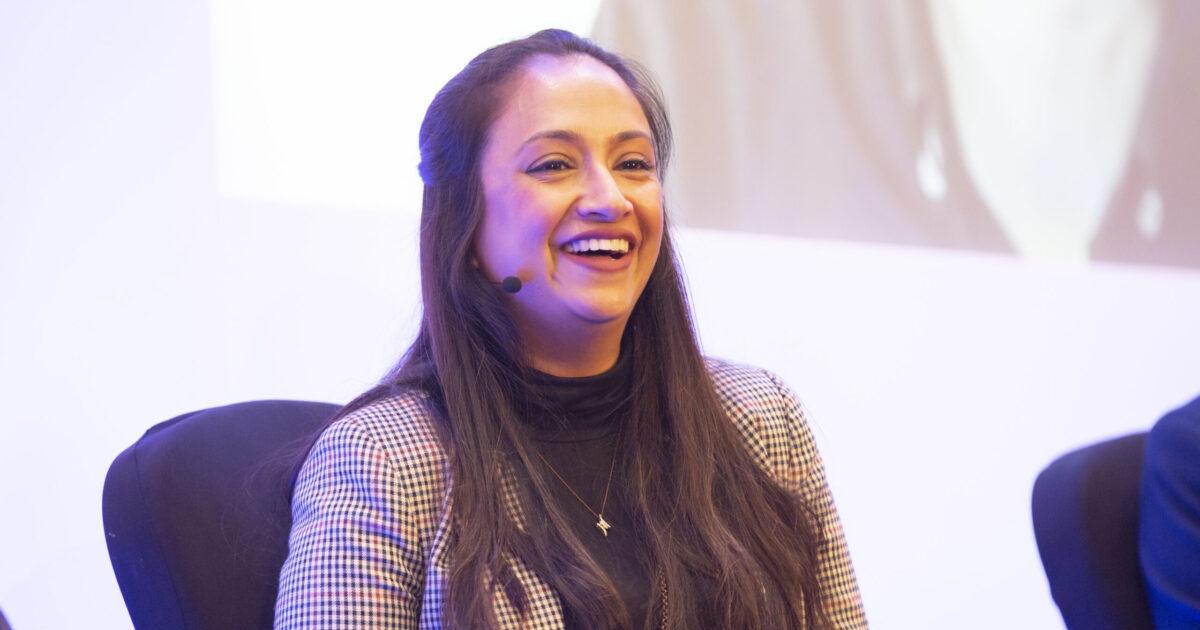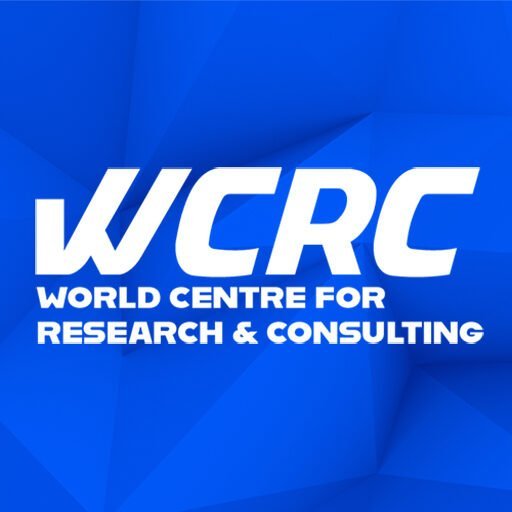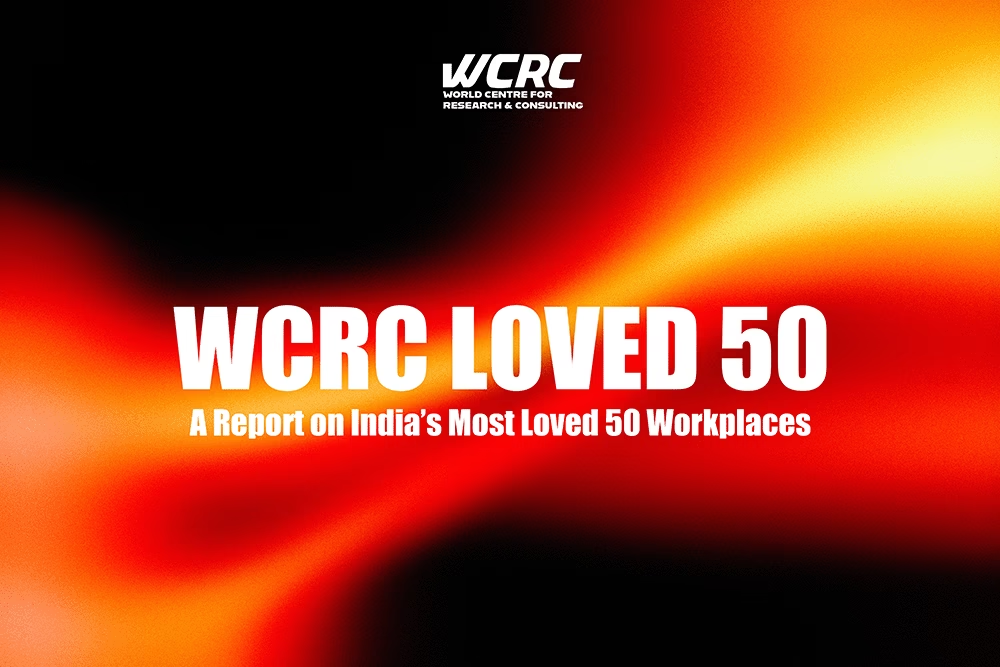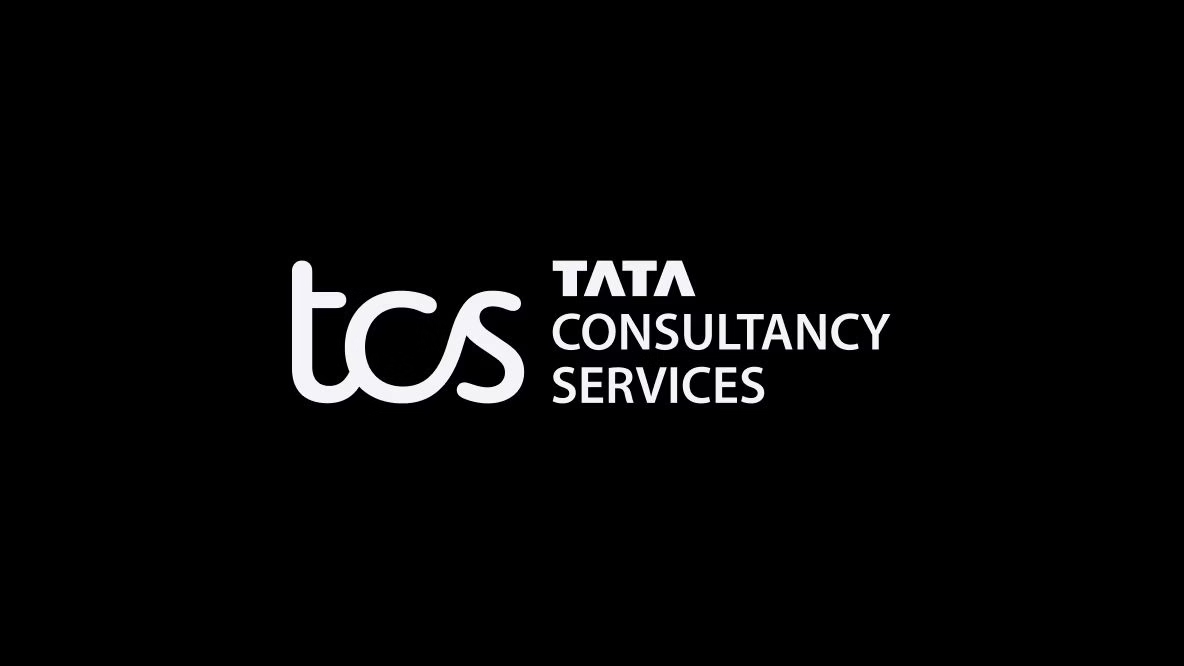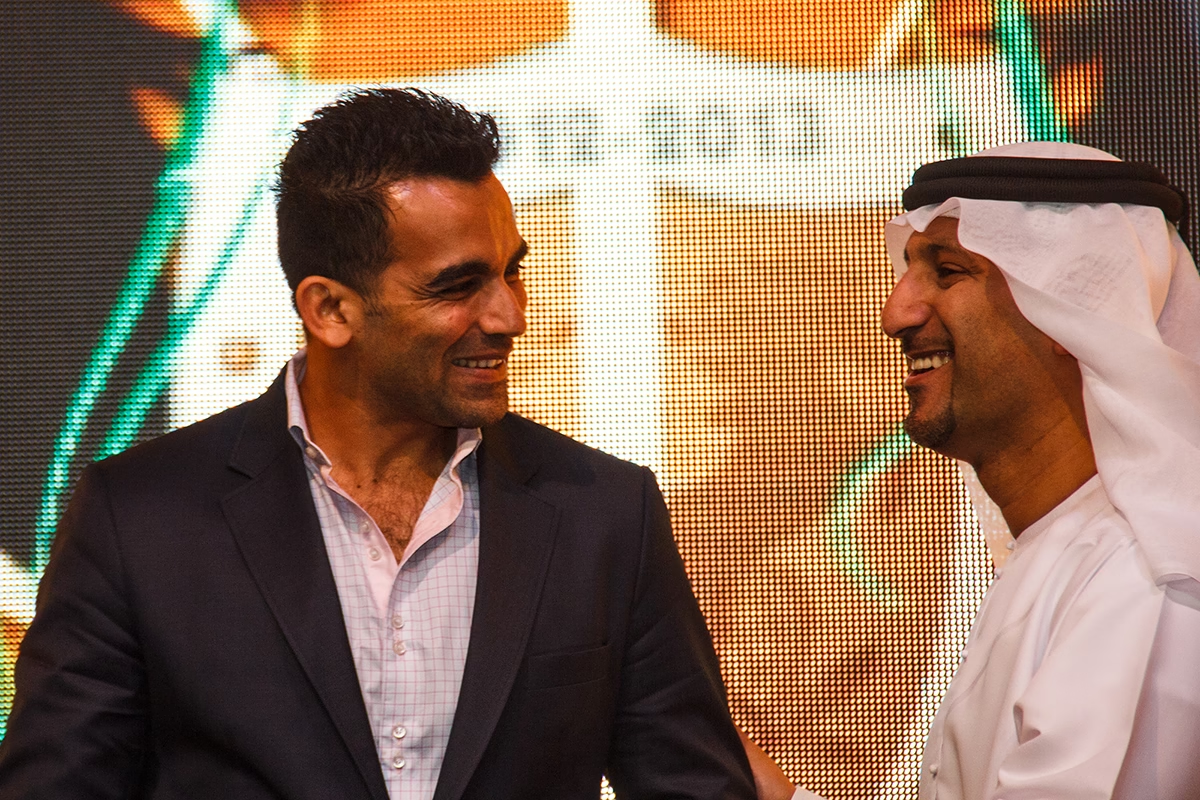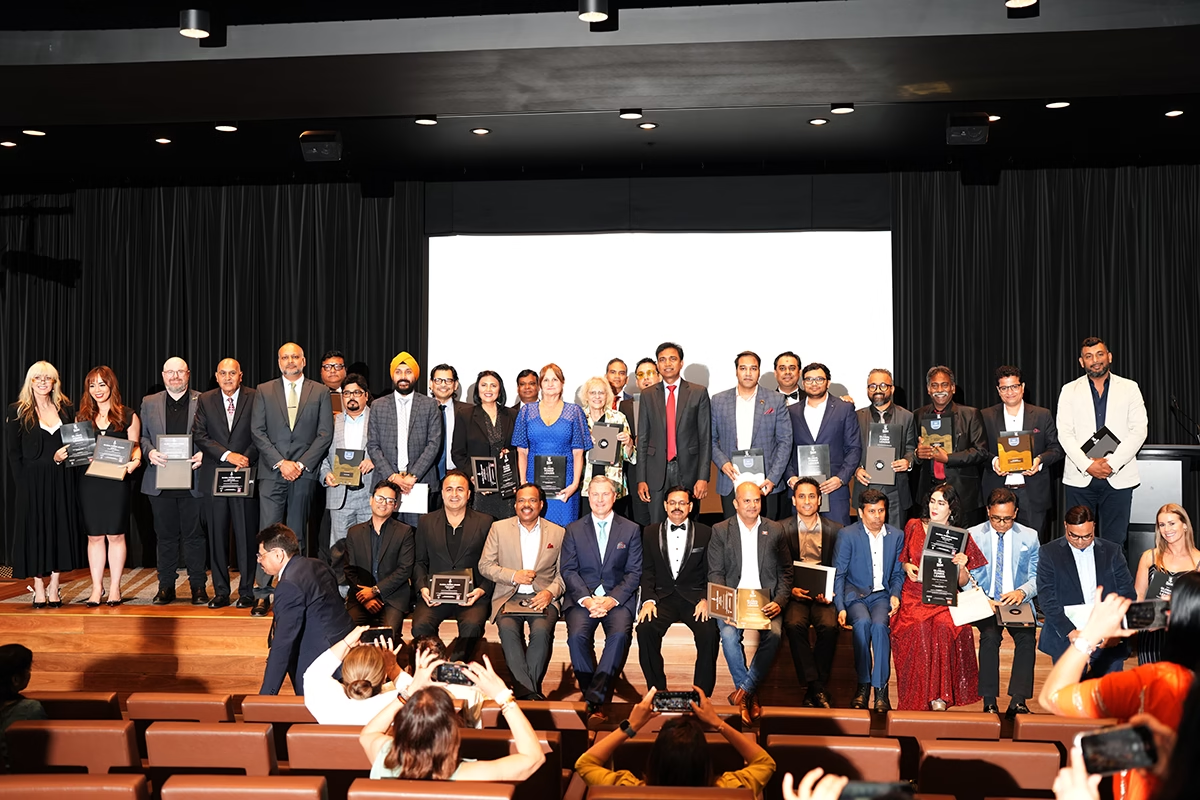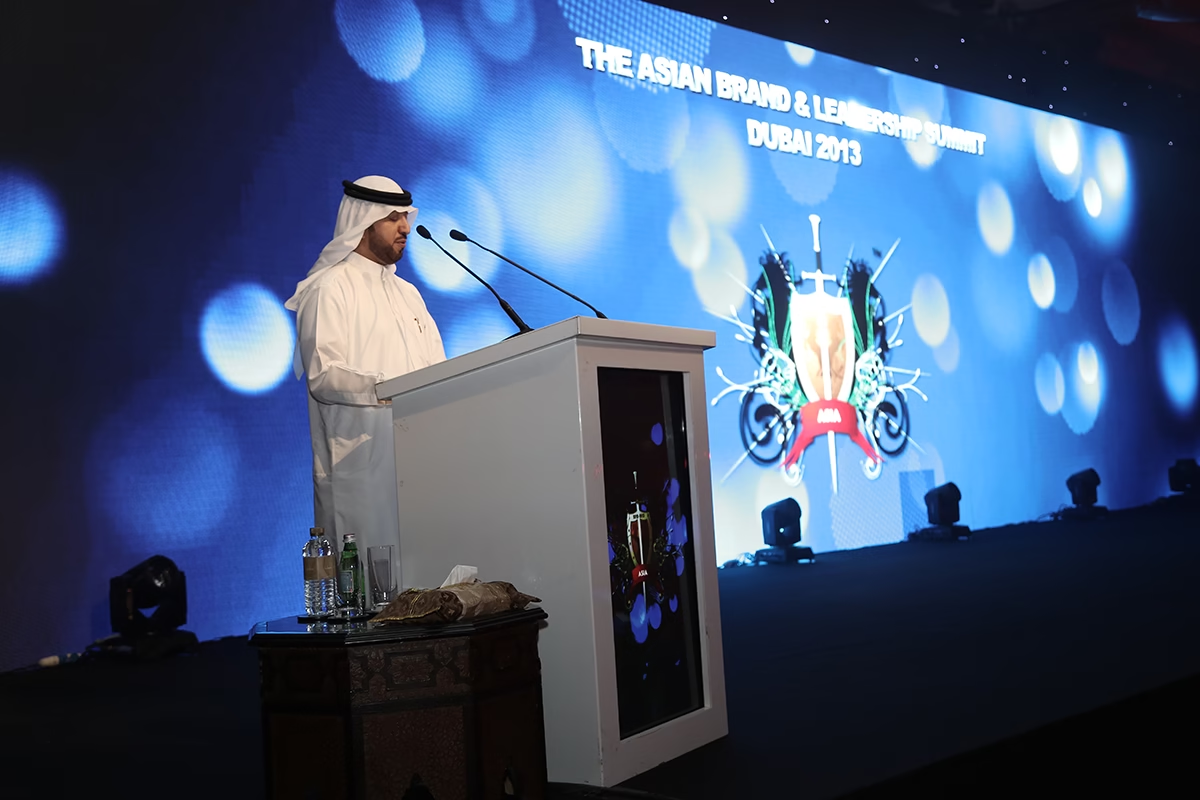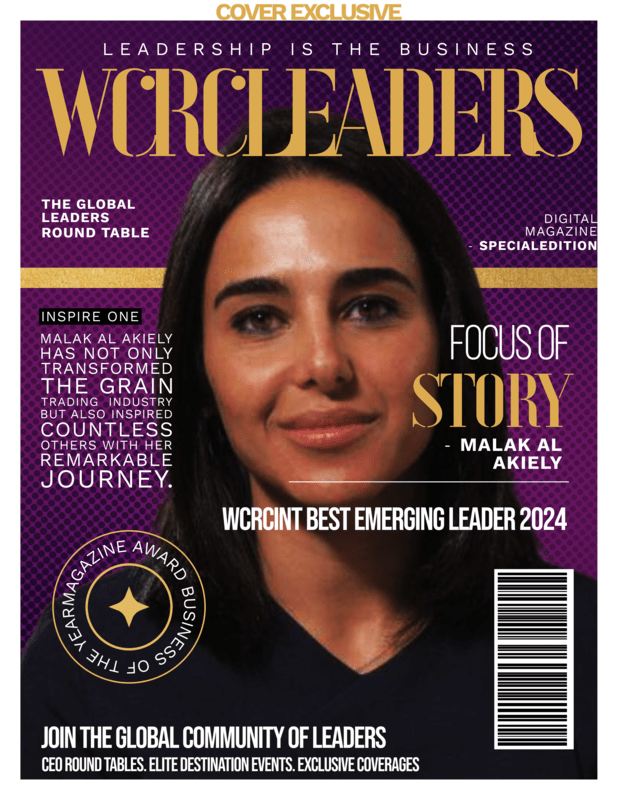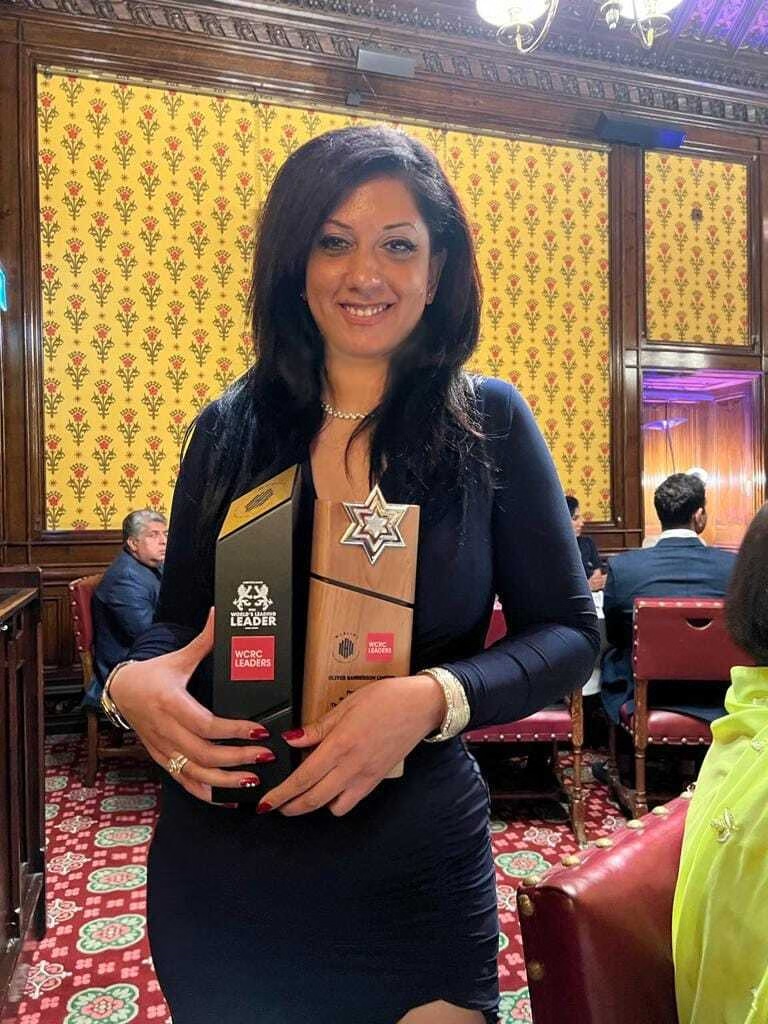Nimisha Brahmbhatt: World’s Best Emerging Leader 2022
Selected as World’s Best Emerging Leader 2022 by WCRCINT, Nimisha Brahmbhatt, Founder & CEO, Quantum Global Consultants is a passionate activist of environmental and social changes, an award winning strategic advisor and angel investor. Every action passionately done has led to substantial changes.
WCRCLEADERS in conversation with Nimisha Brahmbhatt, Founder and CEO, Quantum Global Consultants, UK
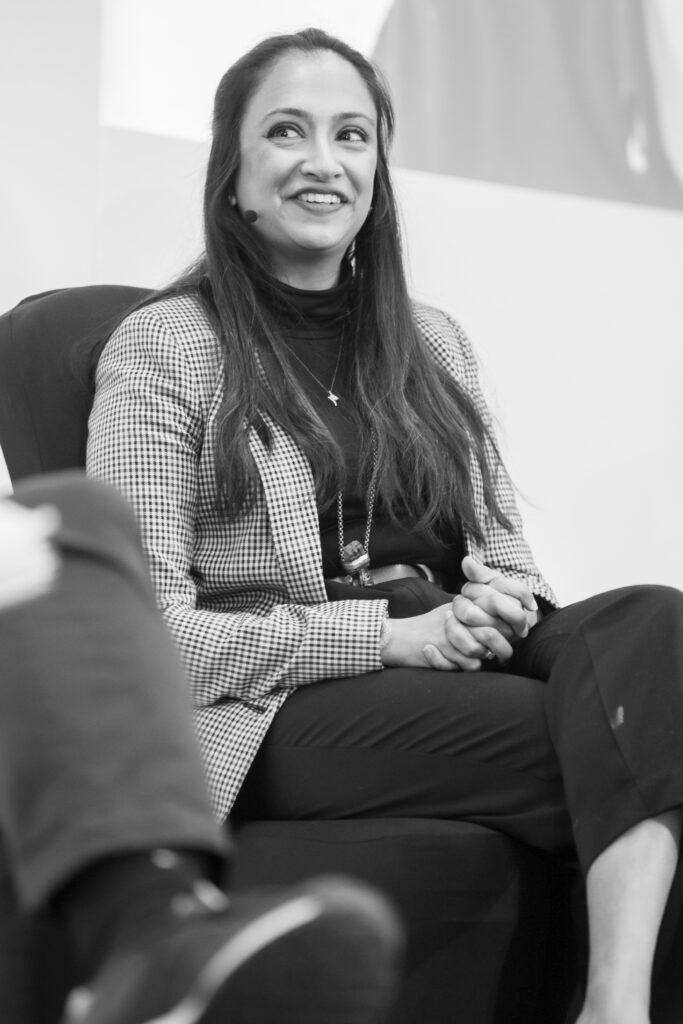
What makes a strong leader? What are your key leadership strengths are that make the strongest attributes of success.
Strong leaders exhibit two very under-rated qualities, being able to listen rather than speak to every topic, and being able to empathise with those they work with, as opposed to solely educating. Leaders who take time to refine their understanding of emotions and the emotions that particularly drive decisions and action, are in my opinion the most successful in their endevours.
These qualities have also been my strength in my journey as a leader. I bring out the best in my team and my clients by virtue of taking the time (however little or more I have of it) to ensure that I am understanding my teams emotional drivers, spending more time listening to my teams to get underneath key behaviours and similarly challenges

An accomplishment that you consider to be the most significant in your career? What challenges did you face to reach to the success.
I believe there is no end point on accomplishments and achievements through your career, however if I was to choose the most significant it would be finding “joy” in all the work that I do.
Whilst ofcourse all Leaders and achievers seek the external validation of their work through career progression, recognition, not to mention financial gain and notoriety, over the years, I have found that these accomplishments provide fleeting reward that last momentarily.
However in the last 3 years, I have turned my focus on finding Joy in the work I do, and to me that has been the most significant accomplishment for me. I think every leader struggles with this, and often we find leaders with the greatest accomplishments still feeling massively dis-satisfied with life, and my belief is that they made the true focus of career accomplishment ensuring that there is joy found in all the work that you do, goes a long way with tackling the on-going mental health crisis that many high profile leaders and achievers secretly struggle with.
The key challenge to over-come is how to re-frame what accomplishment means to you as opposed to what the world defines for you. Since I have made that my sole focus, I have found that the passion of work and joy I receive from it is evident in my clients outcomes, my teams performance and overall morale and satisfaction of those who I work with.
Role of a leader in challenging times
- Pragmatism – Pragmatic leaders focus on the practical, “how do we get this done,” side of any task, initiative or goal. Its tempting to spend time in the Visionary mindset however uncertain time need more of a view the entire picture (roadblocks included) to get to the end result.
- Effective and honest communication. Communication is probably the most important skill needed when dealing with a crisis situation not to mention is a core component of ensuring teams are operating at the expected level, and delivering to the task at hand
- Adaptability and agility, because in uncertain times changing your strategy and adapting to changes in market and regulation are KEY to survival.
- Risk management; something I do with my clients regularly, after-all those with clear line of sight on risks and how they are to be mitigated how literally a “plan” to tackle the unexpected that will come their way.
What is your vision and how do you share that with your shareholders, employees and others?
Many leaders would aim for company growth that straddles countries or continents, headcounts that show the growth of the company or furthermore growth in volume of clients.
My vision is that my initiatives deliver impact. In the wider context of society and progressions, my vision is to focus on shifting the needle on key societal and economic challenges, such as delivering zero-carbon energy, ensuring food security, tackling mental health issues, accelerating technological advancement to drive more innovation.
I communicate the key measures that we as a company are seeking to tackle. This provides a common baseline that is not specific to the company and ensures wider buy in from shareholders, stakeholders and employees

How do you integrate corporate philanthropy or corporate social responsibility as a part of your business strategies?
CSR isn’t a core part of our strategy. It is the strategy. It has served me well as a leader and my companies. All business should be and is a force for good, if done in the correct way. So integration isn’t really a question, its more of an imperative. How you do that is by determining at the very core of your vision and values, what you stand for and what you want to deliver. This means that over and above your offering, product or service, what is the wider missions at a societal level that your business is here to change, tackle or solve? CSR cant be an after thought, because for the vast majority who treat it that way, it never delivers the results that you want.
Today customer is more educated, with a vast amount of information at their fingertips. If your business isn’t a force for good, then unfortunately you will soon become irrelevant. All buyers whether they are FTSE100 companies or your average citizen, want the money they spend to mean more than just the satisfaction they get from consuming the service. They want to know their money goes further in doing more for society as a whole and if a business can deliver that, in my opinion that’s a winning strategy.
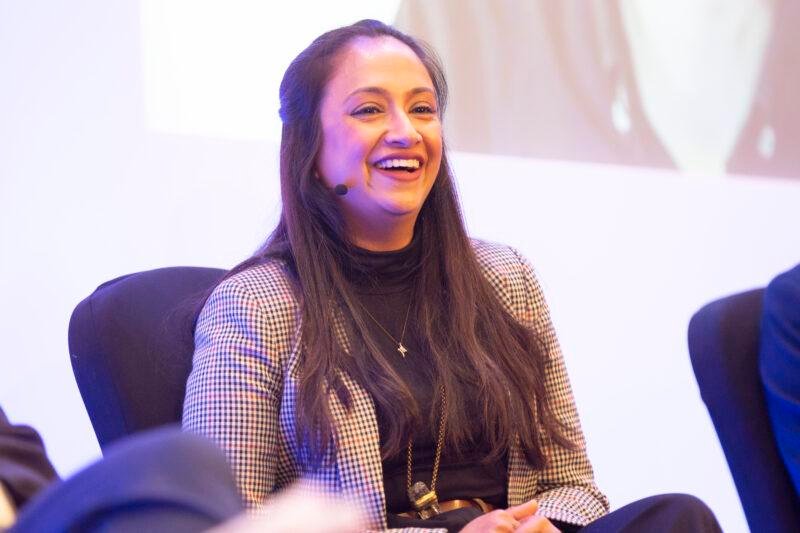
What has been your driving force or philosophy in life?
I never want to be the smartest person in the room, otherwise who am I learning from, and how am I really growing? Therefore achievement isn’t a destination for me, its totally a by product of the learning journey. The learning journey has been my driving force. I relish the personal satisfaction of learning how to create change, how to influence positive impact, how to drive capital to innovation. This forms my philosophy as a leader. I know people will never remember numbers or metrics, but they will remember how they felt when they encountered on my companies, experienced one of our services, became educated by one of my missions, and as a result they themselves have evolved.
How do you plan to drive your business at a global level?
Whilst my businesses already operate on an international stage, I aim to maintain this growth by;
- continuing to operate at the edge of societal change, business and innovation. In my opinion to remain relevant, I believe you need to be invested in addressing problem at a global level. Taking time not only to understand the challenges but to test solutions and find the right partners and collaborators to make them happen
- Ensuring diversity in teams to bring new and innovative ideas to the problems.
- Remaining pragmatic about what is achievable, so we don’t waste the most precious resource, a lot of us don’t have which is time.
How do you define success and how do you measure up to your own definition?
Success to me is delivering value to society. My vision is that my initiatives deliver impact. In the wider context of society and progressions, my vision is to focus on shifting the needle on key societal and economic challenges, such as delivering zero-carbon energy, ensuring food security, tackling mental health issues, accelerating technological advancement to drive more innovation.
In your opinion what is the most significant aspect of leadership?
Emotional Intelligence. WE often forget a fundamental building block of a business is the people that make the cogs turn. In order to be a impactful leader you need to understand people, and in order to understand them you need to master emotional intelligence.
Your perception of an empowered society. How far your industry has/can contribute for the same?
Empowered societies provide citizens with tools and resources to be self sufficient and non reliant. Contrary to modern capitalism which drives the opposite. True empowered societies are able to deliver their needs without compromising the needs of others.
Business consultancy and leadership strategy provide frameworks and methodologies through multiple avenues of observation, research but most importantly practical evidence that support elevation of society to a new model. A model where you people are citizens not consumers, where communities are a cornerstone of sustainability. We already see the outputs of this in small pockets, e.g. circular economics that eliminates waste, microgrids and power generation brining stability to hard to reach communities, or blockchains that delivery transparency of transactions.


